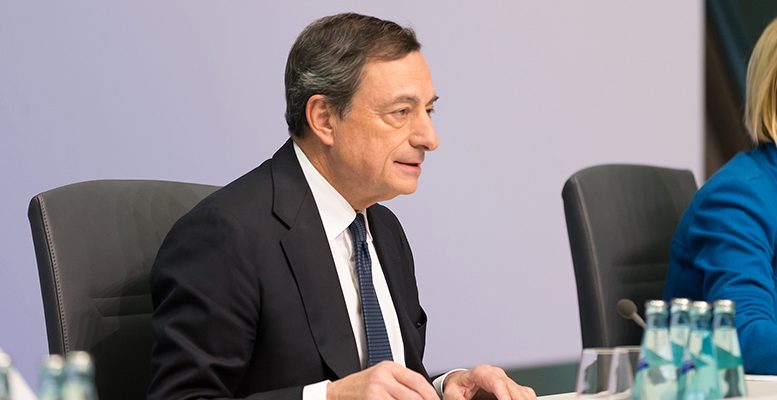The ECB is expected to announce a reduction, or tapering, of its asset purchasing programme at today’s council meeting. In opinion of David Kohl, chief currency strategist at Julius Baer, “financial markets are well prepared for less support from monetary policy.”
First, the ECB has spent considerable time guiding financial markets towards a gradual reduction of monetary policy support. Second, the overall robust economic backdrop, including solid earnings growth, helps to mitigate any negative effect from reduced monetary policy support on stock markets. Third, the risk of a sell-off in the bond markets is also small, as the ECB is strongly committed to a gradual approach and emphasises that interest rates will remain at zero or even below for well past the end of asset purchases.The low level of inflation fully justifies this approach and makes the ECB’s interest rate guidance credible.
Furthermore, the ECB is expected to announce that it will continue buying bonds in 2018, albeit at a reduced pace of monthly €25-30bn for another ninth months until September 2018. Alternatively, the ECB might opt for a higher pace of €40bn per month for a shorter period of just six months and then decide again. Julius Baer’s analyst David Kohl expects a volume of €25bn over nine months.
This would reduce the prominence of adjustments to the asset purchasing programme. We see limited room for the euro to profit from the announcement of less aggressive asset purchases. At its current level of EUR/USD 1.17-1.18, the currency trades well above levels justified by the interest rate differential. At the same time, speculative positioning points to an excessively positive view, suggesting that the ECB has done an excellent job of preparing the FX market for the reduction of asset purchases





